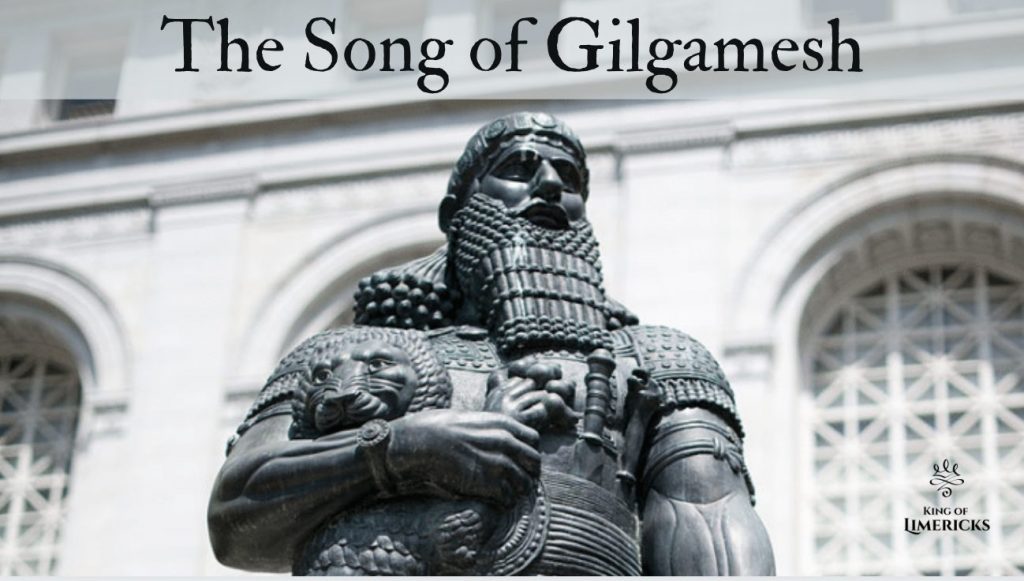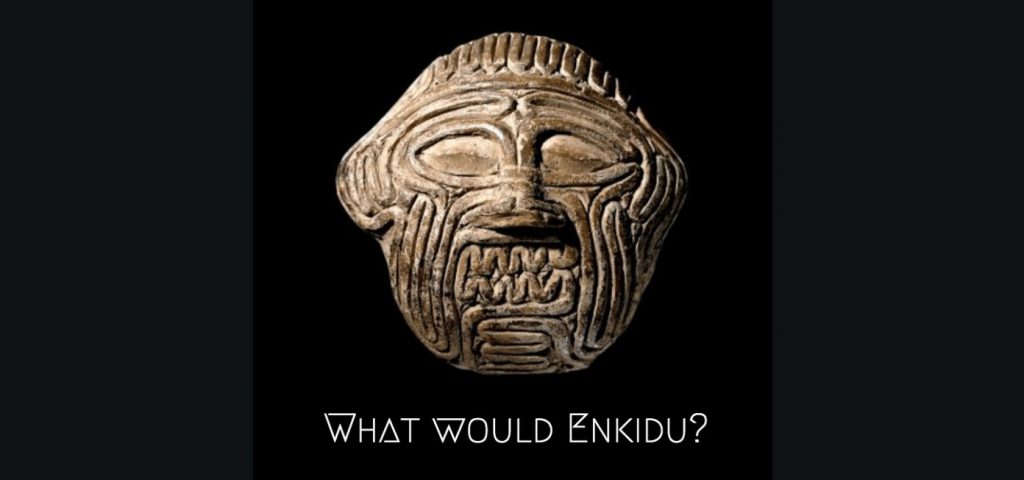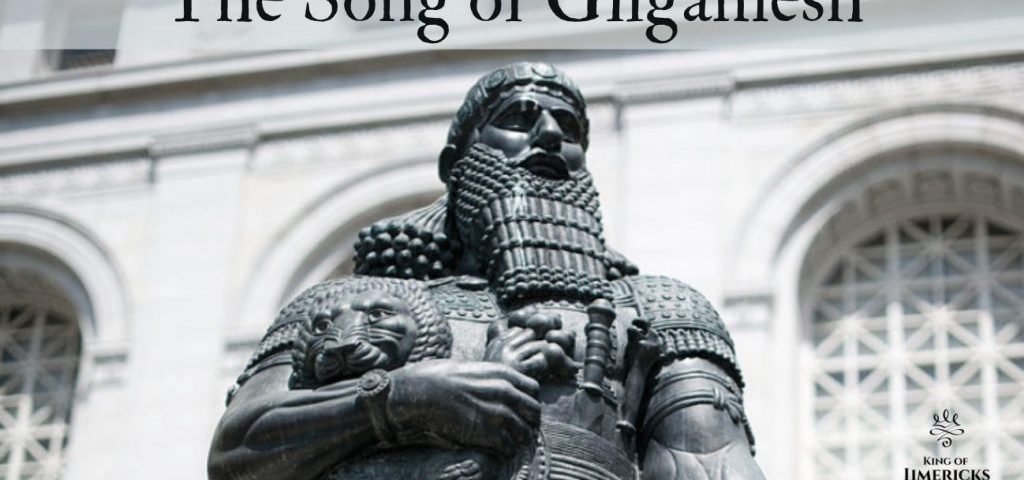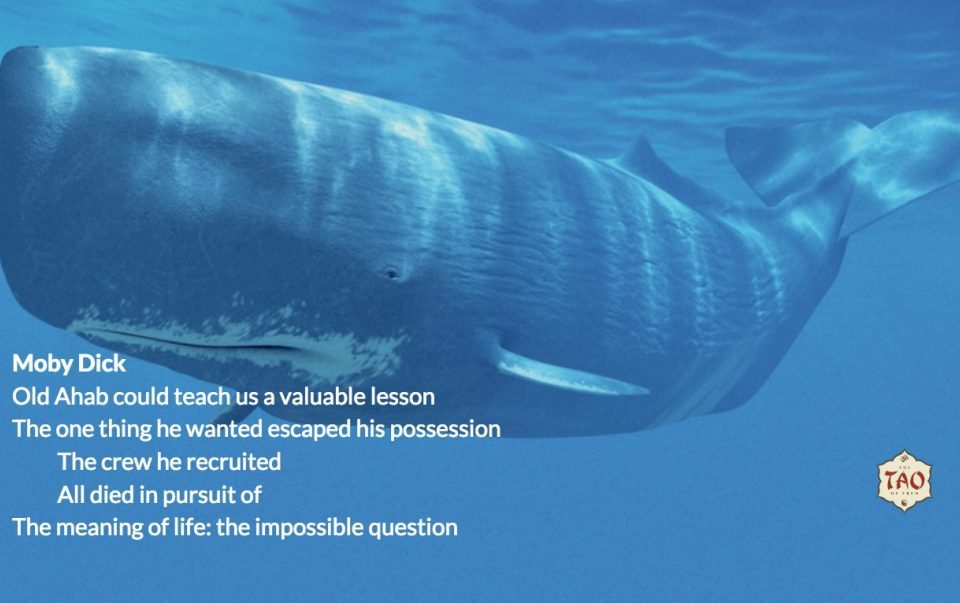
The Girl Who Rose to the Occasion

Highfalutin Limericks: Nerd alert

We’re barely through the first half of the first month of 2021, and we’ve already lost Phil Spector, Knuckleball Niekro, my great aunt and my next door neighbor. (And I don’t mean we can’t find them; I mean they’ve died.) Not to mention the fact that we’ve just cycled through three or four versions of lockdown and seen the U.S. Capitol temporarily occupied by white supremacists dressed like the Village People.
So excuse me if I come across as somewhat disillusioned about the outlook for the future. On a brighter note, my view of the past has never been rosier. In fact, I’ve spent the last several weeks poring over stone tablets, cuneiform markings and ancient literary analysis in order to pen my fresh translation of the Epic of Gilgamesh, or what I prefer to call the Song of Gilgamesh.
The Song of Gilgamesh features 27 stanzas, made up of 108 rhymed couplets of metered verse, recounting the ancient legend of Gilgamesh and Enkidu. While most English translations of this epic are either dated or stilted in their language and syntax, this new rendition retains the exquisite flavor of the story, while bouncing along in a fun to read, easy to follow stream of rhythm and rhyme. It is almost certain that the original poem had both meter and rhyme. And yet it’s very hard to find a modern translation that maintains these vital aspects of the oral tradition.
The Greatest Story Ever Told
To the best of our knowledge, the Epic of Gilgamesh is the oldest known story in the history of human literature. And what I find most amazing, is how incredibly little storytelling has changed in the last four millennia.
Here is a story of action, adventure, and romance. A hero-king and his companion, from the other side of the tracks, set out to slay monsters and glorify their homeland. There are hints of homo-eroticism, and flagrant displays of hetero-eroticism. We meet with guardian angels, learn of apocalyptic floods, and go wandering into the underworld. The goddess Ishtar even threatens to unleash an army of flesh-eating zombies.
Seriously, did you realize that zombie stories were as old as storytelling itself?
Truth be told, there must have been a tradition of oral storytelling that predates the ancient tablets of Gilgamesh. This is the oldest recorded legend, but homo sapiens were probably reciting stories for thousands of years before they started writing them down.
And there is no doubt that the shepherds and farmers of the Fertile Crescent were exchanging various versions of the Gilgamesh poem long before they found time to etch it into stone. It’s only natural then that the poem would use rhyming couplets and a steady, rhythmic meter, to make it easier to memorize and recite. And exhaustive scholarship on the part of diligent Assyriologists seems to confirm this rational assumption.
Now I haven’t read every translation of the epic, but I’ve come across some versions in prose and others in verse. But even the poetic renderings I’ve seen have been un-rhyming, or occasionally rhyming in blank verse. I don’t actually read cuneiform myself, so I cannot guarantee the most faithful translation to the letter. But I humbly believe my rendition to be among the truest in spirit.

Excerpts from the Song of Gilgamesh
Full disclosure: My 27 stanza Song of Gilgamesh is not a complete, line for line transcription of the original legend in its entirety. Rather, it a very thorough summary, retelling the story in a way that can be digested pleasantly, melodically, in one comfortable sitting.
What follows are just a few stanzas, to provide a general impression of the adaptation. The complete work is currently downloadable in PDF format. It’s free, but donations are appreciated. Also, it should be available soon on my Amazon page. And with any luck, a benefactor will come along and commission an unabridged poetic transliteration of the whole ancient masterpiece, allowing me to fill in every last gap and cranny.
West of the Indus and south of Tbilisi
Sumerian time and the living is easy
Imagine a Mesopotamian setting
The land of the crescent we can’t be forgetting
A king they call Gilgamesh, strong and sagacious
But also a tyrant with habits audacious
He’s one-third a mortal and two-thirds divinity
Destined to wander in heaven’s vicinity
While wilderness mischief excites botheration
The sun god called Shamash delivers temptation
And summons a temple seductress so charming
That Enkidu finds her enticements disarming
Submitting himself to her holy seduction
For seven plus seven long nights of instruction
And this way he learns to be polished and civil
No longer consorting with beasts and their drivel
For twelve days he sickens, and once it has ended
His funeral service is widely attended
The birds and the rivers all mourn his departure
But Gilgamesh suffers a loss so much larger
Demolished by Enkidu’s untimely passing
A statue is built for his friend everlasting
And Gilgamesh grieves with a conscience afflicted
As Shamash the sun god correctly predicted
Now Enkidu enters the city with reason
That some could equate with a true act of treason
Today he determines to challenge his highness
And rescue the wife from a savage unkindness
Defending the bride from the hands of the king
And allowing the groom to get on with his thing
But who could’ve dreamt of a hero deserving
As tough as the tyrant with courage unswerving
The elder was chosen and notably gifted
As floodwaters rose and his ark safely drifted
And so the philosopher makes a suggestion
Stay up for a week and I’ll answer your question
For how can he think he can overcome dying
When not even sleep is he fit for defying?
It’s clear from the food that’s accrued on his plate
That the hero’s been sleeping for seven days straight
The snake slithers off with the herb he’s collected
And renders the hero forlorn and dejected
Revealing how fate can be terribly cruel
By shedding its skin in an act of renewal
The serpent displays the miraculous power
Which Gilgamesh held for no more than an hour
To make itself young and by acting so clever
Humanity’s curse will endureth forever
Further Reading
If you enjoyed this new translation of the Song of Gilgamesh, please consider sharing the post or subscribing to the blog. You might also want to check out some of these popular poems and articles.
- Simply Gothic: A lyrical retelling of Poe’s “Black Cat”
- The Legend of Rusty the Wagon
- The 12 Ways of Christmas
- Songs of Anatomy and Physiology
- 13 Educational Limericks
- Limericks about Near Eastern Mythology




